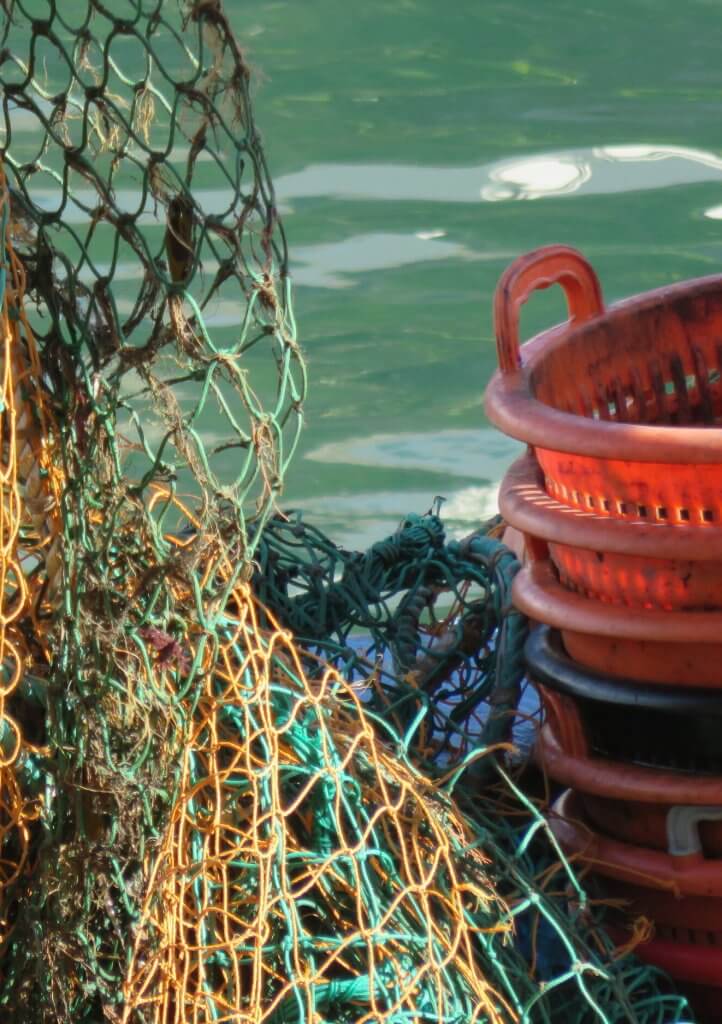Ecosystem-Based Fisheries Management (EBFM) aims to balance trade-offs between the social and ecological. This means it’s important to evaluate management strategies in terms of socio-economic impacts as well as ecological ones. One unintended effect of fisheries management that can have economic consequences for fisheries, particularly multi-species fisheries where fishers catch multiple species at the same time, is that of “choke” species – when the total allowed catch is reached for one species and the fishery has to close, to prevent vessels from continuing to fish for the other species they have allocations for lest they accidentally catch more of the ‘choke’ species.
As part of our Evaluation of Fisheries Management Strategies in an Ecosystem Context work theme, SEAwise scientists modelled different management scenarios to investigate which could lead to the emergence of choke species, and thus result in missed fishing opportunities and economic losses for fishers. The research offers highly valuable insights to fisheries managers seeking to harvest fish stocks sustainably while avoiding negative economic and social impacts for fishing fleets and fishing communities.

Several bio-economic models were applied to case studies from within three of SEAwise’s Case Study regions – the North Sea, Western Waters, and the Mediterranean Sea – using a variety of management scenarios. For example, a scenario assuming perfect implementation of the landing obligation was used for multiple case studies (the EU landing obligation prevents fishers from discarding fish they did not intend to catch and may not have quotas for, thus enabling choke species); while in the Adriatic and Western Ionian Sea, one tailored scenario was based on a 40% effort reduction by trawlers. Additional “status quo” scenarios which describe actual, current fisheries management were included in the modelling for reference. The research yielded a range of results, including that:
What happens next?
A general caveat of the above results is that the modelling did not include sub-models allowing more specificity for aspects such as fisher behaviour, fuel consumption, and changes in fish productivity due to environmental factors. Enhanced sub-models that can take these dynamisms into account will be applied in future SEAwise research.
Read the full report here.
Stay up to date with SEAwise news and research, hear about upcoming events, and receive updates on fisheries news from across the European seascape.